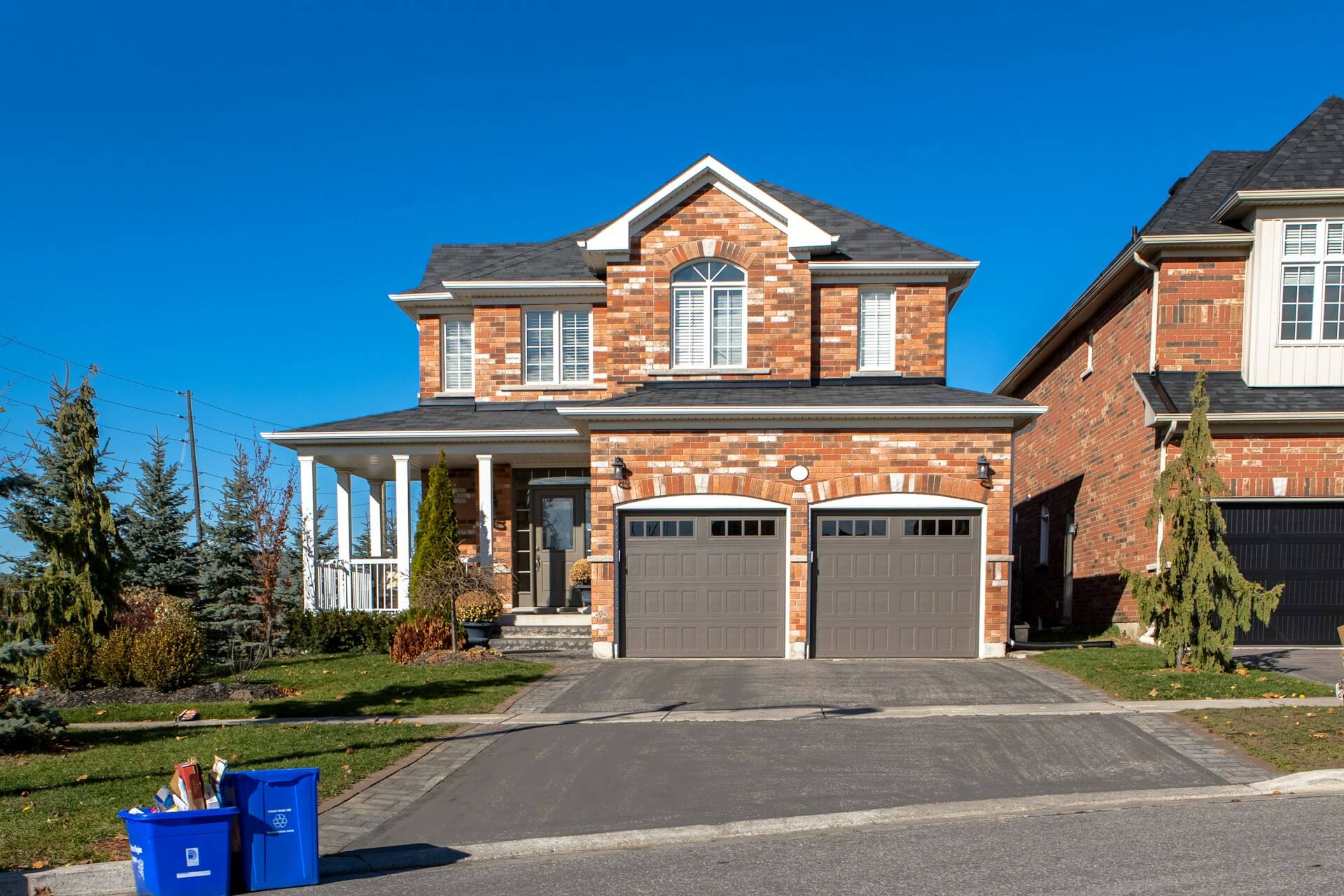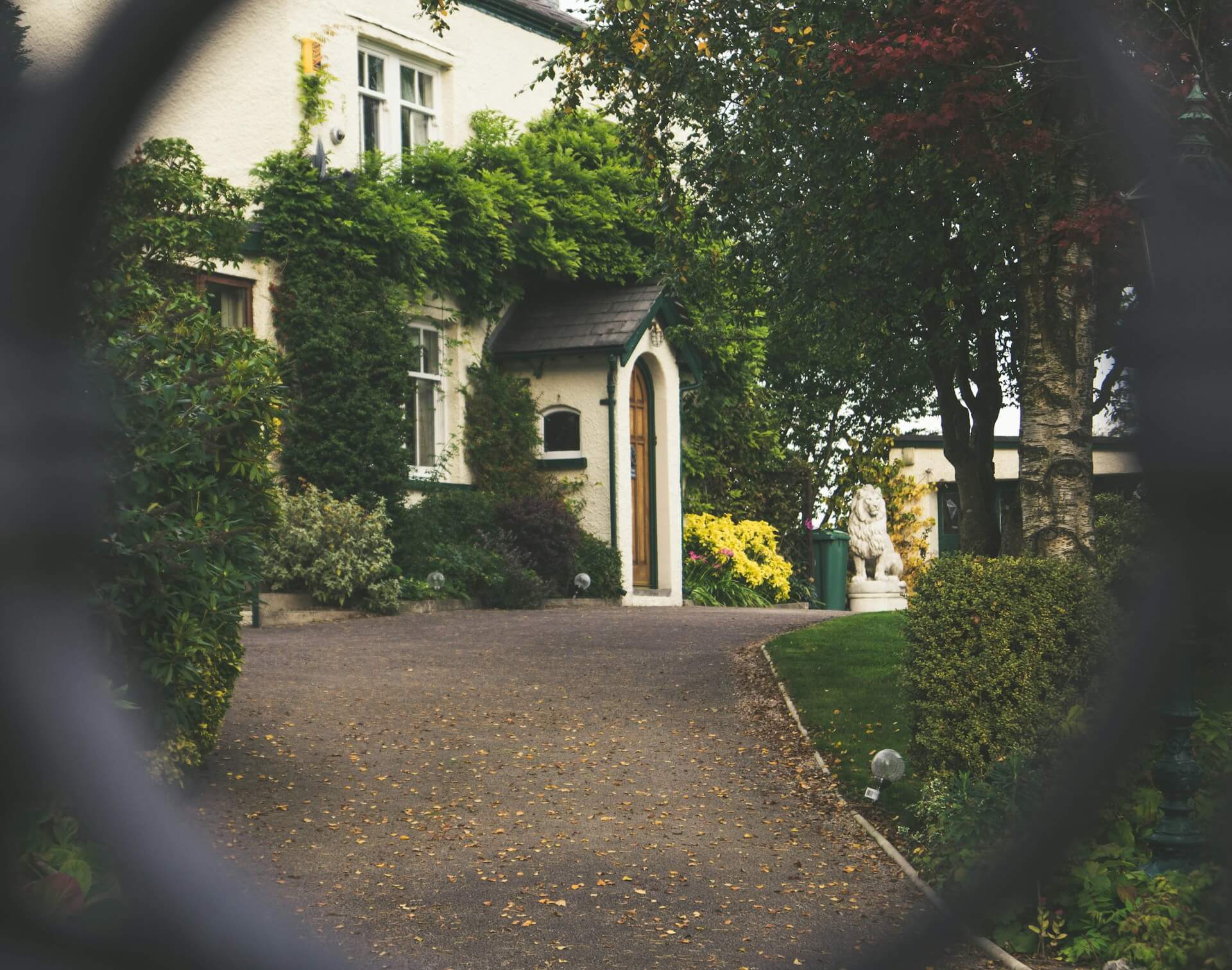Struggling with pooling water on your driveway after every rain?
You’re not alone. In Newcastle, where rainfall is frequent and often heavy, poor driveway drainage is one of the most common problems we see at Paving Newcastle. It might seem like a minor inconvenience at first — but left unchecked, it can cause serious damage to your driveway, your property, and even your home’s foundation.
If you’re wondering why driveway drainage is crucial in Newcastle, or how to fix it without ripping up your entire drive, you’re in the right place.
Let’s break it all down.
Why Proper Driveway Drainage Matters
Newcastle’s Weather Isn’t Kind to Driveways
Newcastle gets an average of over 100 rainy days per year. That means your driveway is frequently under stress — not just from water, but from the freeze-thaw cycles that come with it.
Water that doesn’t drain properly can seep into cracks, expand when it freezes, and cause the surface to lift or break apart. Over time, that small puddle turns into a major repair job.
Standing Water Causes More Than Just Inconvenience
Even if cracks don’t form right away, standing water poses its own set of problems:
- Algae and moss thrive on wet surfaces, making your driveway slippery and unsafe.
- It can lead to erosion, especially on gravel or block paved drives.
- You risk water flowing towards your house, which can damage your foundation or lead to damp in basements or lower ground floors.
- If you’re using your driveway as a parking spot, water exposure can corrode car parts over time.
At Paving Newcastle, we often get calls from homeowners who ignored drainage issues for too long — and by then, the repair costs are much higher than they need to be.
Signs Your Driveway Has a Drainage Problem
Not sure if you have a drainage issue? Here are a few warning signs to look for:
- Puddles that stick around more than a few hours after rain
- Cracks appearing or spreading over time
- Water running towards your house or pooling at the edges
- Moss, algae, or mildew on the driveway surface
- Frost heave (uneven lifting in winter)
If you’ve spotted any of these, it’s time to take action.
What Causes Poor Driveway Drainage?
Poor Slope or Grading
One of the most common reasons is that the driveway was installed without the correct slope. Water should always run away from your property and into a suitable drainage point — not pool in the middle or head straight for your garage.
Blocked Drains or Gullies
You might already have a drain, but it could be blocked with leaves, silt, or debris. A quick inspection can tell you if the water is reaching the drainage point or if it’s backing up.
Inadequate Materials
Some older driveways, especially tarmac or concrete ones, weren’t designed with permeable surfaces in mind. Without proper drainage channels, all the water stays on top.
Changes Around the Property
Added a new garden bed or retaining wall? These small changes can redirect the flow of rainwater, causing new issues that didn’t exist before.
At Paving Newcastle, we often inspect driveways that worked fine for years — until a new extension or patio was added and threw off the drainage plan.
How to Fix Driveway Drainage Problems in Newcastle
You don’t always need a full driveway replacement to fix drainage. But you do need to choose the right method based on the problem.
Let’s look at the most effective solutions.
Add a Channel Drain
Also known as linear drains, these are long, narrow grates installed across the width of your drive. They collect surface water and direct it into a drainage system or soakaway.
Perfect for:
- Flat or gently sloped driveways
- Block paving or concrete surfaces
- Homes where water runs toward the garage
We install these regularly at Paving Newcastle and they’re an ideal fix for persistent surface puddles.
Install a Soakaway
A soakaway is an underground system that collects and disperses rainwater back into the soil. It works best when paired with other drainage features like channel drains or French drains.
Ideal for:
- Gravel or permeable block drives
- Homes with no existing mains drainage
- Reducing flood risk near foundations
Just make sure it’s placed at least 5 metres away from your home, to avoid water coming back toward the structure.
French Drains for Edge Collection
These are trenches filled with gravel and a perforated pipe. They’re usually installed along the edges of a driveway where water naturally flows.
They help intercept and redirect water before it causes damage.
At Paving Newcastle, we recommend this option for longer or sloped driveways where water builds up at one end.
Permeable Driveway Materials
If you’re planning a new driveway, choose permeable paving options like:
- Permeable block paving
- Resin-bound gravel
- Porous asphalt
These allow rainwater to soak through the surface, reducing runoff and the need for heavy drainage systems.
They also comply with SUDS regulations (Sustainable Drainage Systems), which is increasingly important for Newcastle homeowners.
Raise Low Spots
Sometimes, it’s as simple as identifying a sunken patch and lifting or replacing it. This is common with older block paving where the base may have shifted over time.
We can re-lay sunken areas to restore the original slope and direct water properly again.
DIY or Call a Pro?
Small fixes like clearing debris from a drain or adding gravel to a low spot might be safe for a confident DIYer.
But if the water is flowing toward your house, or if the issue has been getting worse over time, it’s worth getting a professional inspection.
At Paving Newcastle, we offer free driveway drainage assessments. We’ll tell you exactly what the issue is — and how to solve it properly.
Real-World Example: What Happened on a Jesmond Driveway
A client in Jesmond had a newly built concrete driveway that looked great — until the first heavy rain. Water rushed straight toward their garage every time, forming a puddle right at the door.
There was no slope and no drain.
We installed a discreet channel drain across the front of the garage, tied it into an underground soakaway, and added an edge strip of gravel for overflow protection.
Now the water disappears within minutes of rain stopping — and the client hasn’t had a problem since.
What Happens If You Ignore It?
Let’s be honest: drainage isn’t glamorous. Most homeowners don’t think about it until something goes wrong.
But ignoring drainage issues can lead to:
- Cracked or lifted driveways
- Mould or damp inside your home
- Water ingress into garages or basements
- Permanent staining and surface damage
- Lower property value
It’s not just a cosmetic issue — it’s about protecting your investment.
How to Prevent Driveway Drainage Issues Long-Term
- Check for puddles after every big rain — they reveal drainage trouble spots
- Clean out drains and gullies every few months
- Keep nearby gutters and downpipes clear
- Avoid blocking water flow with plant pots or garden beds
- Choose permeable materials if replacing your drive
And most importantly — design drainage into your driveway from the start. It’s much cheaper than fixing it later.
Final Thoughts: Don’t Let Water Win
In Newcastle, where the rain is relentless, driveway drainage is not optional — it’s essential.
Whether you’re dealing with surface puddles, foundation risk, or slippery algae build-up, getting your drainage right will save you stress and money down the line.
At Paving Newcastle, we’ve helped hundreds of homeowners across the city fix their drainage problems for good. From small fixes to full installs, we know what works in this climate — and we’re happy to help.
Need a professional opinion? Get in touch today for a free driveway drainage assessment from the team at Paving Newcastle.
Your home deserves a dry, safe, and long-lasting driveway — and it starts with proper drainage.
Get A Quick Quote
Please provide your contact details here and we’ll get back to you shortly with a quote. We aim to respond to all quote requests in 24 hours.



